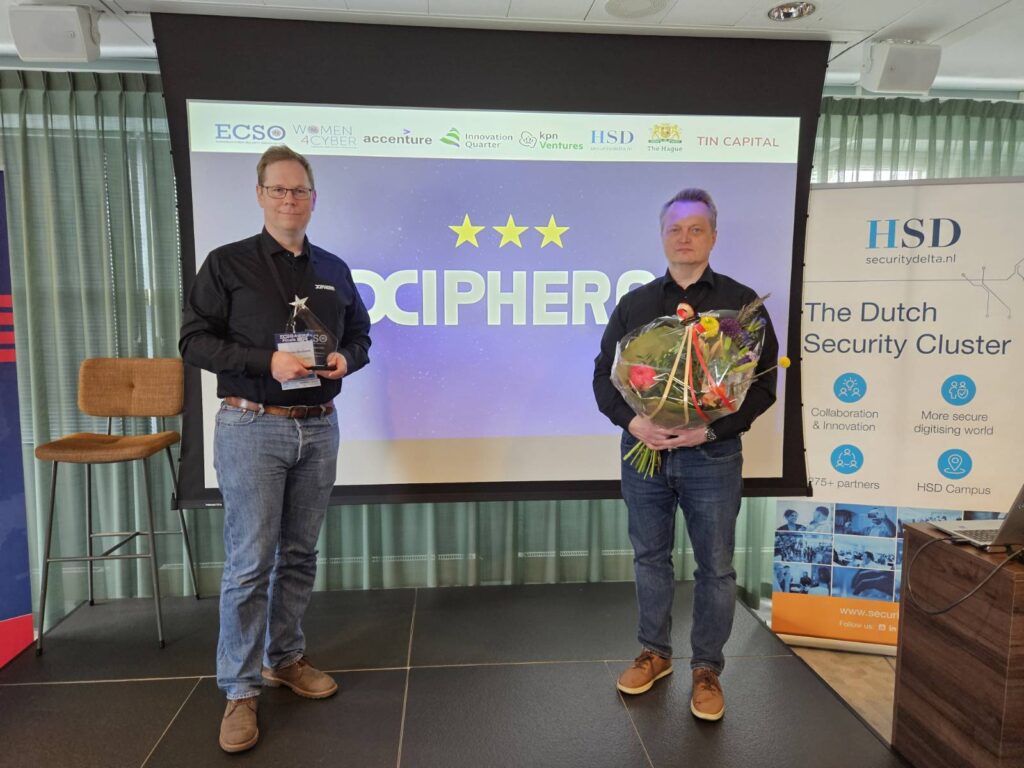For a growing B2B business like Xiphera, whose industry’s typical feature is the uncompromised trust between the business and the client, creating contacts is vital. During its few years in action, Xiphera has actively taken part in multiple conferences and industry events around Europe. These trips have leaved us a pile of business cards, valuable contacts, and great memories.
However, with the current pandemic, the event industry in general has naturally had to find new approaches to enable these events.
Xiphera has participated in four online industry events through our partners during the past year. The situation, of course, is not ideal for any of us, but at least we can say that we have had a good look into what online business events actually are. On the way, we have learned quite a lot.
Lower effort – good or bad?
Online business events (at least based on our experiences) generate shared opinions. As in all new concepts, these too have had both positive outcomes as well as unfortunate pitfalls. Let’s go through some of them.
We’ll start with the positive. First of all, the burden to participate is much lower when you can participate from your own home. No travel costs from flights or hotels, and you can just participate in the middle of your regular work day when you have the time for it. There are also cost reductions for the organiser (although, running an event platform online brings in new addicitional expenses).
The online format offers benefits also for the companies representing at the events. Having a virtual booth or other online platform, you as a company are able to offer the visitors everything you want them to see: videos, documents, presentations, images, links, you name it. Also, in the physical events you really need to stand out for the visitor to find out more about you and your offering later. Now, you can just add a link to your website, and the visitor can check it immediately before getting back to “surfing” in the virtual event.
One crucial element lacking in the online events is that, when in physical event the visitor ends up on your booth, you have the opportunity to start a conversation and offer customised and relevant information immediately. The lower effort needed for the participation might also lead to lower level of motivation to make new contacts from the visitor’s behalf. This might lead to the unfortunate situation where the desired contact with the potential future customer is not simply formed, even if companies would have a person in the chat the whole time of the event.
The main downside of the online events is the lack of the eye contact and visual memory mark that the humans naturally long for to keep the companies and conversations in mind. A name or a photo in a chat unfortunately leave only a vague memory of the person, and the company might be forgotten as quickly as it was found in the massive online event platform.
What does the future hold for us?
The mentality before the pandemic outbreak was different. The way of living when you needed to be on the road all the time was admired, and constant rush was seen as success. Now, when the situation has forced us to stop and take a breath, we’ve had some time to reflect our habits and their rationality. What we have at least learned so far is that certain things are easier and more effective to do remotely. Remote meetings and remote working will have a place in the society after the pandemic.

It is possible, and even probable, that certain conferences and business events will stay at least partially online in the future, and be based on a some sort of a hybrid model. This was an idea already before COVID-19, but in action they might have seemed a little strange. Now that the situation has forced us to get used to them, we have experienced the benefits of online events ourselves. Additionally, the ongoing heated conversation about saving our environment encourages people to travel less, for which online events or hybrid models are an excellent answer in the business world.
Even so, the importance of the live interaction cannot be emphasised enough. Especially now, people have started to appreciate it even more, when the everyday contacts have forced to be neglected. Therefore, events in general, and business conferences particularly, cannot fully abandon the traditional onsite form in the foreseeable future. We at Xiphera are eagerly waiting to make new deals face-to-face again some day.




